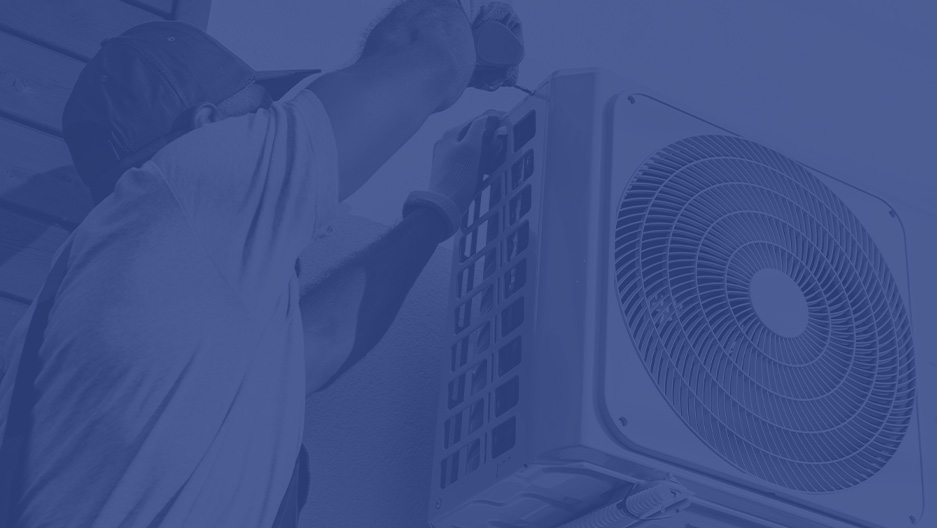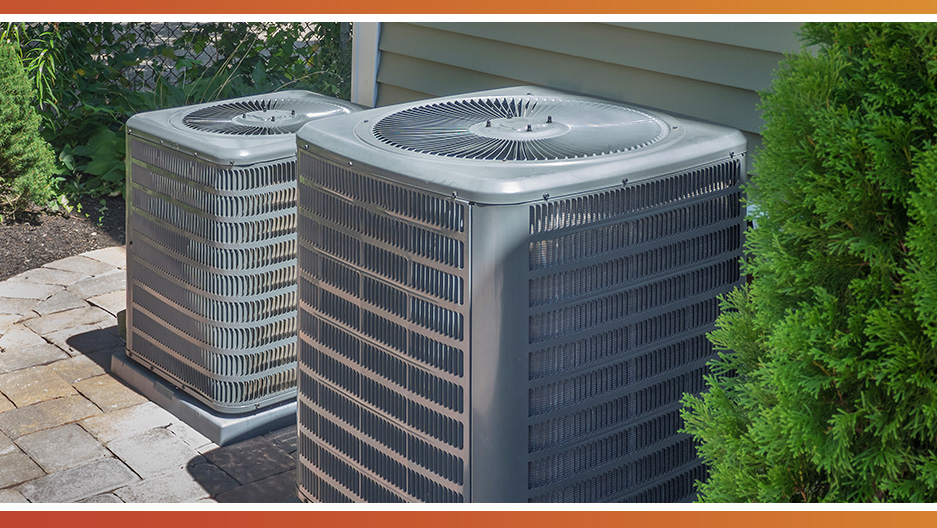
Products
Custom Engineering


Hear From Our Happy Customers
-
"So grateful to them!"I needed help, and Custom Engineering got to me fast and saved the day. Nick, the technician, was great. He was personable and intelligent and he got my repair done super fast. Thanks, Custom Engineering!- James T.
-
"I don't know what I do without this company!"Chaz did an amazing job - straightforward and very helpful. Jason and Trey set up the furnace a week ago, and it runs amazingly! It's nice to stay warm again. They just repaired and replaced my bathroom exhaust fan, too. Thank you again!- Cesily W.
-
"Custom Engineering took care of us right away!"Our initial call was after hours and not an emergency. We received a call first thing the next morning, and they came out within a few hours. Both gentlemen were very professional and knowledgeable, and were able to repair our furnace right then and there.- Reid K.
-
"They have been an excellent company to work with."Always courteous & competent. They installed a new furnace, AC, garage gas heater, and ran a gas line into our laundry room. They stayed on the job until all was completed and we were extremely satisfied.- Terrance V.
-
"10/10 Service!"Had Customer Engineering come out to my restaurant to diagnose my furnace and walk-in freezer. Brandon and Skylar, the techs, were amazing. Extremely friendly and knowledgeable. I will be using them for all my HVAC needs moving forward.- Taylor A.
-
"This business is the best!"We bought our kitchen hood system from them, which they also installed (no small task). They are dependable, efficient, and do great work. Prices are what I would expect for the job. Don't hesitate to hire them.- Marinell S.
-
"Nick was fantastic!"He got our furnace up and running again very quickly (on a Saturday!). Very personable and professional! We will definitely be using Custom Engineering Heating & Cooling again - thank you!- Krista W.
-
"My experience with the company was great!"Chaz went above and beyond! He fixed my main house furnace and also advised me on my ceiling-mounted furnace in my back building. Thank you for your quick response. I will use you again!- Ann K.
/


BE COMFORTABLE IN EVERY SEASON
Check Out Our Preventative Maintenance Programs
With regular tune-ups, special discounts, and priority service, our programs will keep your equipment in quality shape year-round.